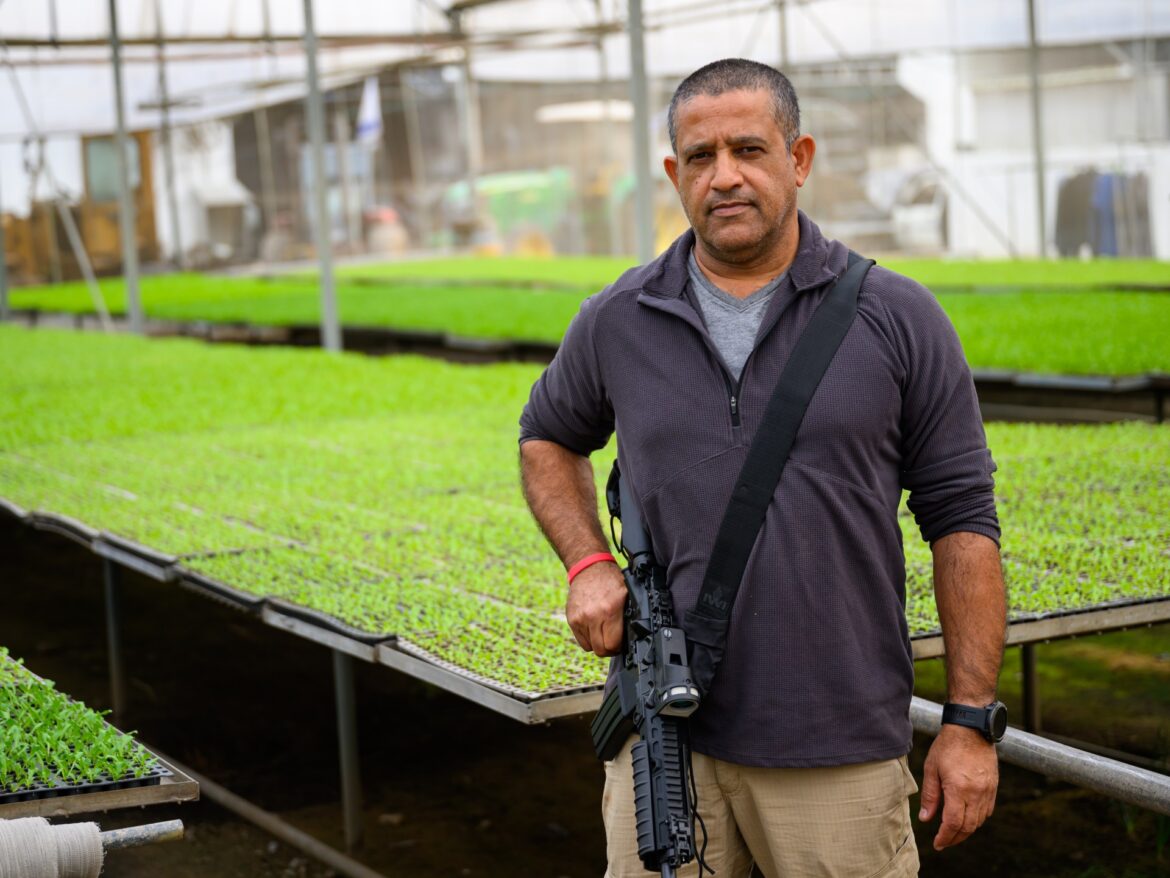9/9/2024–|Last update: 9/9/202407:37 PM (Makkah Time)
A writer in Yedioth Ahronoth called for punishing the residents of Gaza by confiscating one kilometer of their land for every Israeli prisoner killed in the Strip, and turning it into agricultural land for the benefit of the Israelis.
Ignoring the fact that most of the prisoners held by the resistance in Gaza were killed in Israeli airstrikes, Alon Goldstein said, “There is no doubt that a high price must be imposed on the Palestinians, preferably as soon as possible. The general Israeli response does not diminish the Palestinians’ motivation to repeat the horrific act over and over again, regardless of the deal that is struck with them.”
Punishing the Palestinians with their most precious possession
The writer believed that what hurts the Palestinians the most is the land, unlike the Israelis who care about their lives, according to him.
Accordingly, the writer called for “harming the Palestinians in their most precious possession, which is their land, in return for the harm inflicted on the Israelis in their most precious possession.”
“The land must be taken away, but without getting into the divisive issue of building new settlements, which is also an external problem,” he said. “We must create the ‘Israeli Agricultural Army.'”
“We must draw a clear and painful line in the sand of the Gaza Strip, which is about 370 square kilometers in area, and a total of 251 Israelis were kidnapped, 70 of whom were killed by Hamas,” he claimed.
The writer suggested “cutting off a square kilometer from the Gaza Strip for every kidnapped person and giving it to the army, which would form an army of volunteer farmers, who would work on the (former) Palestinian land and grow seasonal crops such as wheat, barley, oats, corn, watermelon, and clover.”
“And more than that,” he added. “The entire nation will be able to mobilize for the mission and provide seedlings, equipment and even manpower. The IDF will market these products in the Israeli market at reasonable prices, and the money collected will be able to go back to repairing the envelope, rehabilitating the north and the welfare of the families of the abductees.”
“A lesson to our enemies”
The writer went on to explain his idea, which stems from the principle of revenge, saying, “Every square kilometer of crops will be commemorated with the name of a kidnapped person who did not return, whether on signs on the ground or on maps. The Israeli army should leave these areas as a deposit for at least a decade even after the end of the war, in the hope that it will be an insurance policy in our hands as part of the dismantling of Hamas and the release of all the hostages, and that it will distance the residents of Gaza from the walls of the surrounding settlements.”
The writer considered that this step would have a triple positive effect: “It would impose a material, ongoing and clear price on Hamas, as it would harm it more than others; it would impose a material, ongoing and clear price on it; and it would distance the settlers of the Gaza envelope a little from Gaza, without the need to establish new settlements inside the Gaza Strip. In addition, it would perpetuate the memory of the prisoners who were killed.”
“There is another effect, perhaps the most important of all,” he concluded. “We will teach our enemies in the Middle East a lesson. If you kidnap and kill, you will not inherit this land.”



